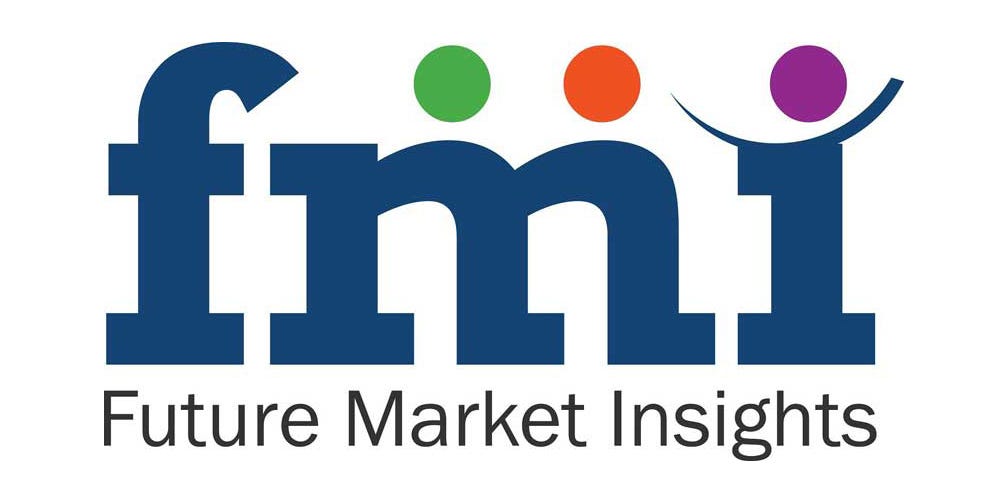Anti-Pollution Skin Care Products Market 2022 Industry Research, Segmentation, Key Players Analysis and Forecast to 2031

The market for anti-pollution skin care products is anticipated to reach US$ 13.3 billion by 2031, growing at a CAGR of around 7.3 percent, according to a recent analysis by Future Market Insights (FMI).
The popularity of natural ingredients in cosmetics and personal care products is expected to continue. The recent increase in consumer awareness of health, happiness, and the environment is reflected in the organic beauty trend. According to the trend, businesses are substituting natural ingredients with synthetic ones. This is partially because of consumer demand and partly because of a move toward sustainable raw materials.
The demand for chemical-free cosmetics is rising as people become more aware of their harmful effects. Customers are increasingly seeking products that are affordable, natural, and nutritious. Along with rising disposable incomes, the market for products made of chemicals has seen a surge in allergy incidents. People are more likely to develop allergies as a result of their increased exposure to chemical-based beauty products. Such products are typically avoided by those with sensitive skin, which raises the demand for high-end anti-pollution care products.
Due to consumer preferences for organic ingredients and the growing use of probiotics in the food and beverage industries, probiotic skincare is highly sought after. This creates opportunities for the personal care and cosmetics industries, as well as significant growth potential for the global market for anti-pollution skin care products.
Pro-biotics and post-biotics’ safety is currently being investigated by the FDA in the United States based on scientific evidence. In order to hydrate the area and relieve dry skin, Pentavitin (US only) targets Staphylococcus epidermidis, which is common in the scalp microbiome. DSM is one of a few businesses researching the advantages of this medication. Another DSM product, Syn-Up (US only), contains a peptide component that interacts with the skin microbiota to treat dry skin.
Request Sample Report@
https://www.futuremarketinsights.com/reports/sample/rep-gb-13793
Key Takeaways from the Anti-Pollution Skin Care Products Market Study
The worldwide personal care business is growing thanks to high-performance skincare for pre-teens. Due to the rising prevalence of skin problems such dryness, dark spots, wrinkles, and others, face scrubs and toners are predicted to have a notable market share of 25.1% in 2021. Due to the growing popularity of chemical-free organic components like aloe vera and turmeric, natural and organic anti-pollution skin care products stand out from the rest of the market. Because of the sharp increase in the number of anti-pollution skin care products in recent years, the United States currently maintains a notable value share of 79.0 percent in North America. Thailand is a significant market in South Asia, with a CAGR of 10.5 percent due to increased expenditure on high-end goods there.
“Manufacturers are creating new products in numerous makeup categories to meet consumer demand for anti-pollution makeup. According to an FMI researcher, the advent of anti-pollution cosmetics, including lip balm, serum, face masks, and even makeup remover, is boosting the market for anti-pollution skin care products overall.
Impact of COVID-19 on the Market
Due to the new coronavirus outbreak’s disruption of business operations across a number of industries, there has been an economic slowdown. The retail industry has suffered. The temporary challenge facing market players is the overall fall in discretionary spending levels. Manufacturers in the sector are concentrating on enhancing their product portfolios and diversifying their product offers. They are also concentrating on increasing internet penetration, which gives competitors the chance to simultaneously reach a larger consumer base at low cost.
Who is winning?
Global sales of anti-pollution skin care products have increased as a result of strong promotional techniques, ads, and new product launches by leading manufacturers.
Procter & Gamble Co., Beiersdorf AG, Unilever PLC, Avon Products Inc., The Estee Lauder Companies Inc., L’Oreal S.A., Kao Corporation, Colgate-Palmolive Company, Avon Products, Inc., Shiseido Company, Amway, among others, are major industry participants in the anti-pollution skin care products market.
Market by Category
By Product Type:
- Sun Care Products
- Moisturizers/Creams
- Face Masks
- Cleansers
- Facial Scrubs & Toners
- Serums
By Nature:
- Conventional
- Natural/Organic
By End-User:
- Male
- Female
- Unisex
By Sales Channel:
- Hypermarkets/ Supermarkets
- Convenience Stores
- Specialty Stores
- Salon Stores
- Online Retailing
- Pharmaceutical & Drug Stores
- Others
By Region:
- North America
- Latin America
- Europe
- East Asia
- South Asia
- Oceania
- Middle East and Africa (MEA)
Information Source:
https://www.futuremarketinsights.com/reports/anti-pollution-skin-care-products-market

Comments
Post a Comment